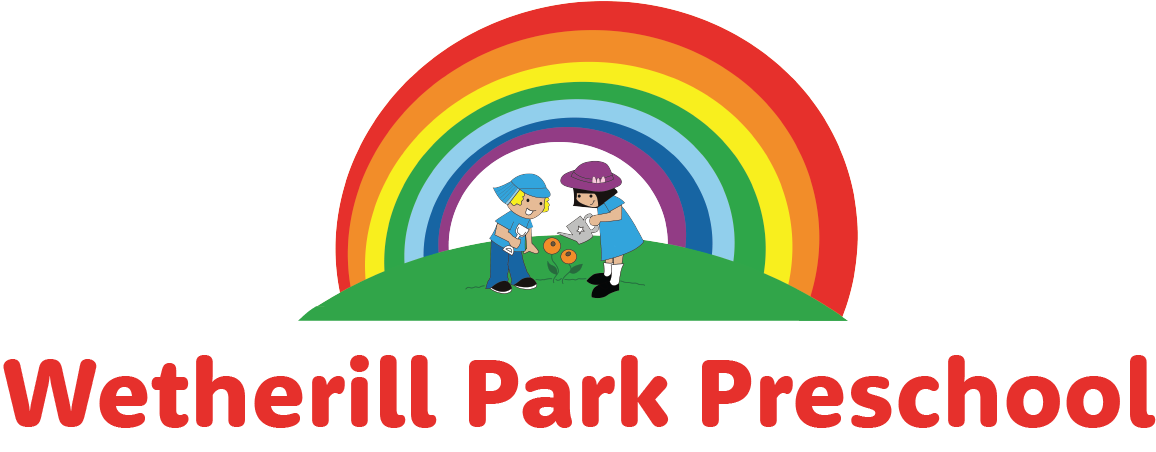MEALS, HEALTH & HYGIENE
Meals
Our Centre offers breakfast where needed and provides morning tea, a hot lunch with dessert and afternoon tea. A light snack is also offered to children who remain at the Centre after 4pm. Drinks are supplied with each meal and our menu includes a wide range of nutritional foods from a variety of cultures that are consistent with the ‘Dietary Guidelines for Children and Adolescents in Australia’. If your child requires a special diet or is allergic to any foods, this can be accommodated. Our educators involve children in many experiences to increase their appreciation of healthy food and understanding of the importance of a healthy lifestyle, such as:
food preparation
discussing healthy food and ‘sometimes food’
dental hygiene
key messages under the Munch ‘n’ Move Program (see below)
growing and picking their own vegetables
Munch & Move
Our Centre’s curriculum incorporates the NSW Health’s Munch & Move Program which supports the healthy development of children birth to 5 years by promoting physical activity, healthy eating and reduced small screen time. Under that program, we implement fun, play-based activities including the development of Fundamental Movement Skills (FMS) such as catching, throwing, jumping, hopping etc.
The Munch & Move Program operates under six key messages which are:
Encourage and support breastfeeding
Choose water as a drink
Eat more fruit and vegetables
Choose healthier snacks
Get active each day
Turn off the screen and get active
Sun Care
The Centre has a SunCare Policy which has been endorsed by the Cancer Council of NSW. The Centre’s outdoor shading provides 95% UV protection. The Centre supplies children with their own personally-labelled Cancer Council approved legionnaire’s hat and SPF50+ sunscreen is applied to children for outdoor play. Outdoor play is limited to outside peak UV periods.
Hygiene Practices
Our Centre operates under strict hygiene practices to minimise the spread of germs and infections including:
Effective and embedded hand-washing procedures for children and staff
Consistent toileting procedures
Hygienic practices for food preparation
Close monitoring of children who show signs of illness
Supervision
Our experienced staff implement effective supervision ensuring minimal risk to children while, at the same time, giving children the agency to identify their own level of safety. Risk Assessments are carried out on new activities or equipment to identify what safety measures need to be put in place.




